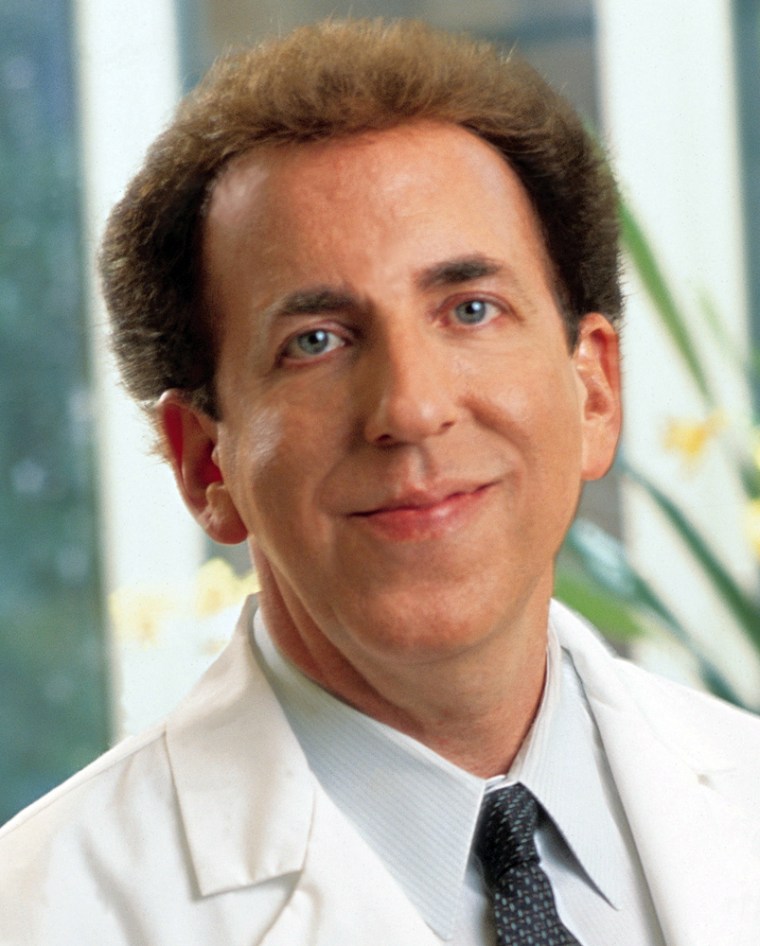Like many Americans, I am inspired by President Obama’s commitment to health reform. Unfortunately, what was missing from his most recent speech was a single reference to diet, exercise, smoking, stress, or anything related to the lifestyle choices we make each day.
Why is this important? Because 75 percent of the $2.1 trillion dollars spent in this country last year on health care costs were for chronic diseases such as heart disease that are largely preventable and even reversible by changing diet and lifestyle.
Health reform is in danger of failing because the focus has been too much on who is covered and not enough on what is covered. President Obama’s speech was about health insurance reform, with the main battle being over coverage and the payment system.
Of course, we need to provide coverage for the who do not have health insurance. It is morally indefensible that we have not already done so.
But we also need to transform what is covered. If we want to make affordable health care available to the millions of Americans who do not have health insurance, then the fundamental causes of many chronic diseases need to be addressed — which are primarily the lifestyle choices we make each day — rather than only literally or figuratively bypassing them with drugs and surgery.
What we eat, how we respond to stress, whether or not we smoke cigarettes, how much exercise we get, and the quality of our relationships and social support may be as powerful as drugs and surgery in treating (not just preventing) many chronic diseases. Often, even better.

For example, a major study showed that lifestyle changes are even more effective than diabetes drugs such as metformin in reducing the incidence of diabetes in persons at high risk, with lower costs and fewer side-effects.
The recent “EPIC” study found that in 23,000 people adhering to 4 simple behaviors (not smoking, exercising 3.5 hours a week, eating a healthy diet including fruits, vegetables, beans, whole grains, nuts, seeds, and low meat consumption, and keeping a healthy weight that 93 percent of diabetes, 81 percent of heart attacks, 50 percent of strokes and 36 percent of all cancers could be prevented.
If we just cover drugs and surgery on millions more people, then costs will increase significantly at a time when resources are limited. As a result, painful choices are being discussed — rationing, raising taxes, and/or increasing the deficit — and these are threatening the public acceptance of health reform.
Meaningful health reform needs to provide incentives for physicians and other health professionals to teach their patients healthy ways of living rather than reimbursing primarily drugs and surgical interventions. For example, a group of bipartisan senators recently introduced the Take Back Your Health Act of 2009 which can revolutionize health reform.
If lifestyle interventions proven to reverse as well as prevent many chronic diseases are reimbursed, then it may be possible to provide universal coverage at significantly lower cost without making painful choices — and the only side-effects are good ones.
Dean Ornish, M.D., founder and president of the Preventive Medicine Research Institute, has proven in groundbreaking studies that lifestyle changes can prevent and actually reverse major illnesses associated with aging — heart disease, diabetes, breast and prostate cancer. He is an advisor to congressional leaders in the current health care reform effort, and serves as Medical Editor of The Huffington Post.